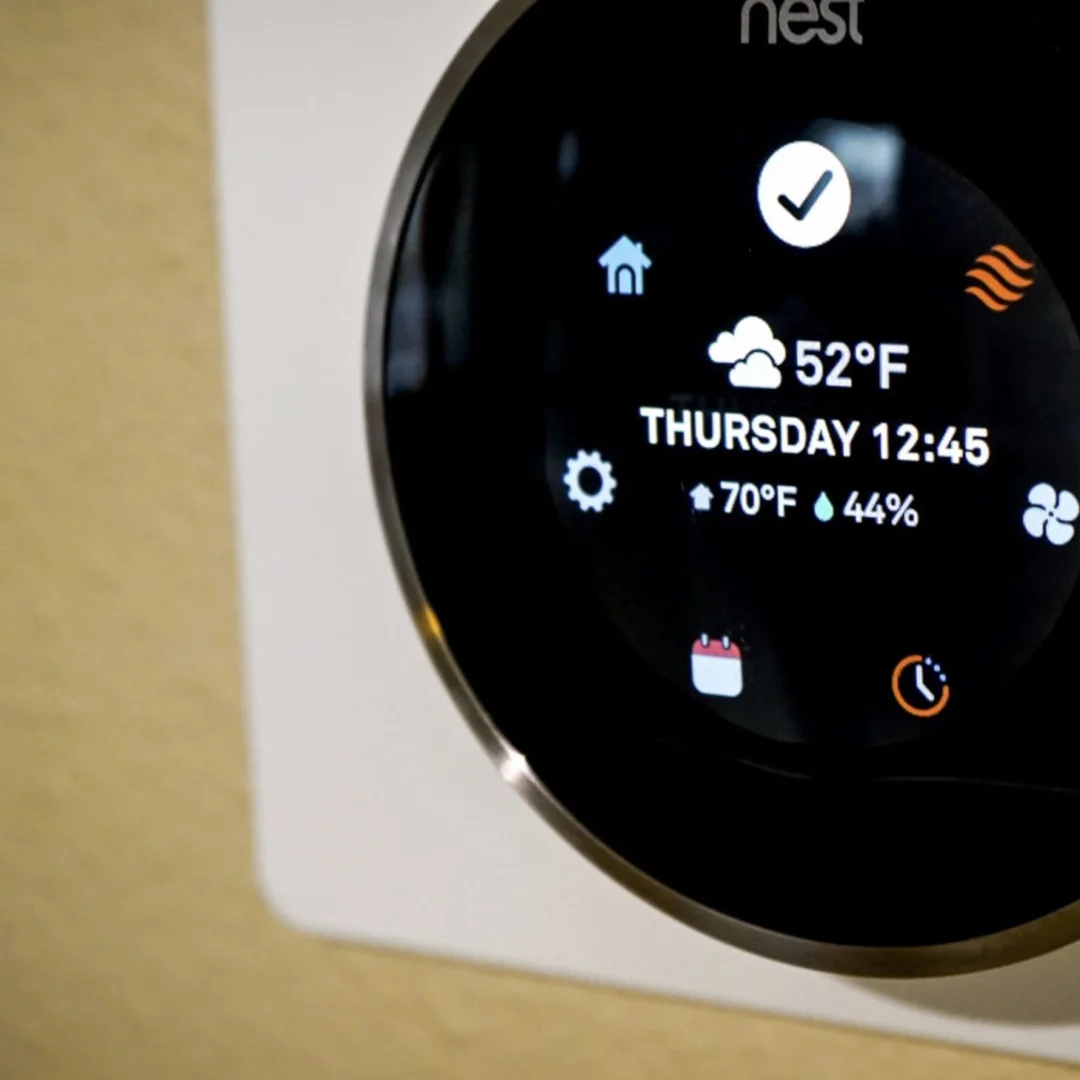
Google Sunset Support for Older Nest Thermostats: A Smart Home Wake-Up Call?
Google is facing criticism after announcing it will end software support for first and second-generation Nest Learning Thermostats, leaving many early adopters feeling abandoned. The move also signals a retreat from the European market for new Nest Thermostat models, citing unique heating system requirements.
The email sent to affected customers on Friday, informing them that their devices will no longer receive software or security updates after October 25, 2025, has sparked outrage. While basic functions like temperature control and scheduling will remain, the loss of remote control via the Nest app or Google Home, along with the discontinuation of features like Home/Away Assist, effectively renders these "smart" thermostats considerably less intelligent.
Why the Change?
Google justifies the decision by pointing to the age of the affected devices, which are over a decade old. However, critics argue that a thermostat shouldn't have an expiration date, especially given the promise of ongoing software updates that initially attracted customers to the Nest ecosystem.
One Inc.com columnist highlights the irony, stating that the two key selling points of the Nest Thermostat were its design and the ability to control it remotely. Now, Google is removing the latter.
Europe Left Out in the Cold
Adding to the frustration, Google has announced it won't be releasing new Nest Thermostat models in Europe. The company cites the "unique" requirements of European heating systems as the reason, stating that it's "challenging to build for the diverse set of homes." The third-generation Nest Learning Thermostat and the Nest Thermostat E will continue to be sold while supplies last, but going forward, users will have to turn to third-party options if you're in the market for a new thermostat that works with Google Home.
Damage Control?
To compensate for the loss of functionality, Google is offering discounts on newer Nest Thermostats ($130 off in the US, $160 off in Canada) and 50% off a Tado Smart Thermostat X for European customers. However, some users feel that this simply forces them to upgrade when their existing devices still function adequately.
A Broader Trend?
This situation raises concerns about the long-term viability of smart home devices in general. As Chris Welch of The Verge points out, this type of phase-out is a real fear when companies integrate screens and software into appliances.
Is a 14-year lifespan reasonable for smart home gadgets before their "smarts" fade away? The Google Nest situation underscores the importance of considering the long-term support commitment of a smart device before investing in the ecosystem.
The decision to end support for older Nest Thermostats and halt new releases in Europe has sparked a debate about product longevity, customer loyalty, and the sustainability of the smart home market. What are your thoughts on Google's decision? Share your opinions in the comments below.